A new report by London-based think tank British Future urges the Labour government to expand its UK–France asylum deal, arguing that only a larger 'routes and returns' strategy -- with more safe, regularized routes -- can cut Channel crossings, as the first deportations under the pilot take place.
The second deportation under the UK's new "one in, one out" deal with France took place on Friday (September 19), coinciding with the recent publication of a major new report urging the government to expand the scheme dramatically if it wants to cut the numbers of Channel crossings.
An Eritrean man, who lost a High Court challenge against his removal, was flown from Heathrow to Paris in the morning. It followed the first return a day earlier under the pilot agreement, which sees migrants who arrive in the UK by small boat sent back to France, while Britain admits the same number through a new authorised route.
Earlier in the week, another Eritrean man's case resulted in a temporary halt to his deportation, as the judge in Britain's High Court ruled that he should be given at least two weeks to present evidence supporting his claim to have been the victim of modern slavery during his journey.
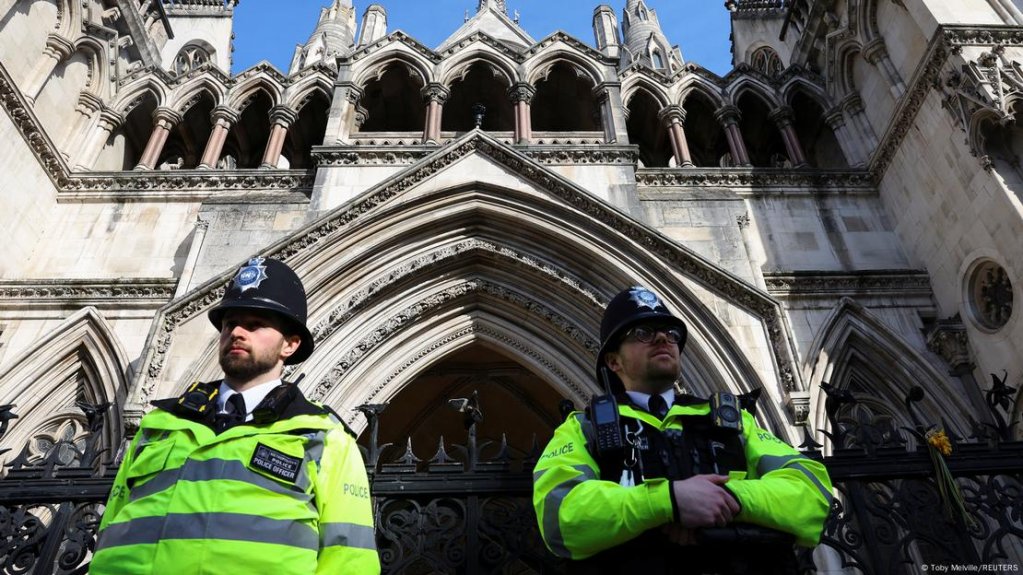
For Britain's Labour government, the political stakes are high. Down in the opinion polls, and having just suffered criticism over their migration policy approach from US President Donald Trump after his state visit this week, Labour are seeking to show that its approach can succeed where previous Conservative efforts failed.
Read AlsoUK deports first migrant to France under 'one-in, one-out' scheme
Think tank: scheme must go further
The removals coincided with the launch of a new report titled How we can actually stop the boats from the think tank British Future, which argues that only a much larger "routes and returns" strategy can actually reduce crossings at scale. The report claims that if the UK-France deal were expanded ten- or twenty-fold, crossings could fall by up to 75 percent within three years.
The British Future study draws heavily on US experience under President Biden, where a similar mix of cooperation with neighbors, expanded legal routes, and stricter border enforcement cut irregular border crossing attempts by more than 80 percent in a single year.
"It’s not just swapping irregular migration for regular migration," said Steve Ballinger, editor of the report. "By offering a credible alternative, you undermine the smugglers' business model. That’s what happened in the US, where irregular border crossings fell by more than 80 percent in a year once safe routes were expanded."
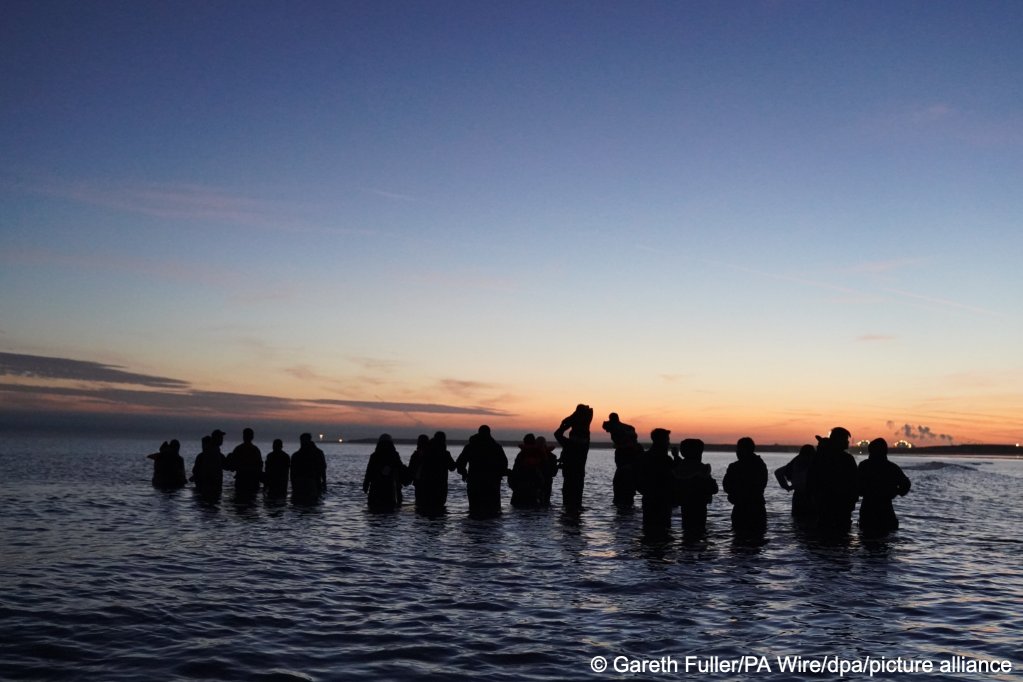
However, the system, he stressed, would not amount to "open borders: The regularized routes aren't an open ticket to come to the UK," he says but they rather provide permission to arrive in the UK legally and the principle of this approach is not only to shift migration to a regularized route, but also to "bring back control." The need to be seen to be in control is paramount at the moment, as parties like Reform are making political capital out of calling for tougher controls, and trying to highlight Labour's failings.
Ballinger stresses that if someone doesn’t have a viable asylum claim, they won't be accepted. "But the principle of a controlled and compassionate approach is that you create a real, managed queue, and then it’s reasonable to expect people to join it.”
Read AlsoChannel: At least four migrants die in crossing attempts in two days
Control and compassion
The report stresses that the approach must combine migration management with humanitarian protection. Ballinger told InfoMigrants that this "a humanitarian measure to save the asylum system from collapse. If we keep going in the direction we are, populist politicians could gain more sway and Britain could stop protecting refugees altogether."
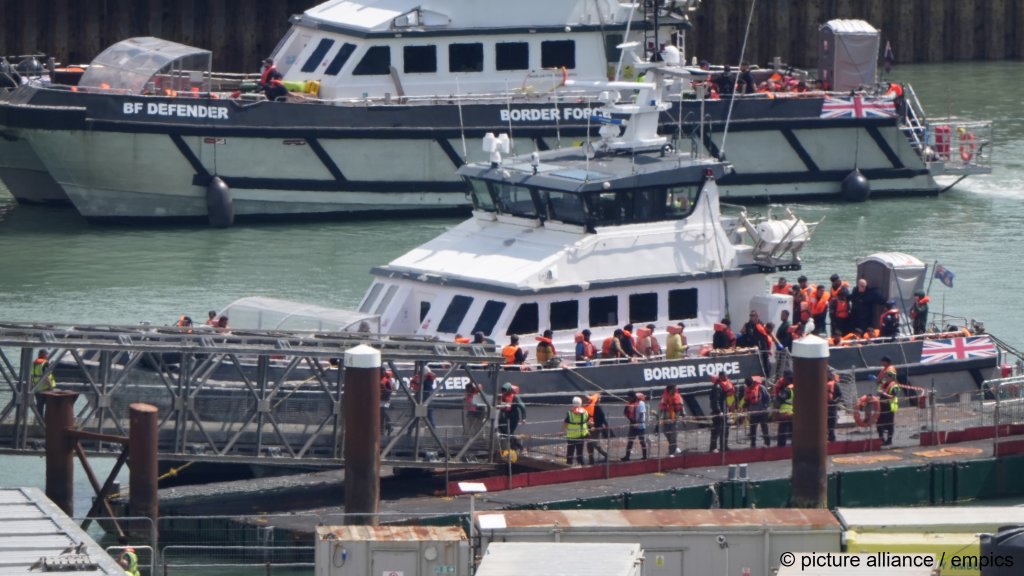
The report proposes admitting 25,000 to 50,000 people a year through regularized routes, while swiftly returning those arriving by boat to France. It argues this would reassure the public that migration is "under control," while ensuring the UK continues to meet its international obligations.
Sunder Katwala, Director of British Future and co-author of the report, noted that the new Home Secretary "needs to seize the initiative with a real-world plan bold enough to have an impact. The public wants action on small boats, but also wants Britain to protect refugees in need."
Read AlsoAsylum seekers in the UK scapegoated amid economic precarity
Public support
Polling for British Future by the polling agency Ipsos found majority backing for such an approach. 55 percent of the public supported a capped deal with France to admit authorized asylum seekers while returning boat arrivals, with only 15 percent opposed.
Even when the number of authorized arrivals was set as high as 50,000 a year, support still outweighed opposition by 48 percent to 18 percent. Strikingly, majorities of Labour, Conservative and Liberal Democrat voters backed the policy, along with 38 percent of Reform UK voters.
"A lot of the anxiety about immigration isn’t about numbers, it’s about control. People see small boats as a very visible symbol of a system that’s not under control. When there are regular, safe routes, that anxiety falls because people feel the government is managing migration fairly," says Ballinger.
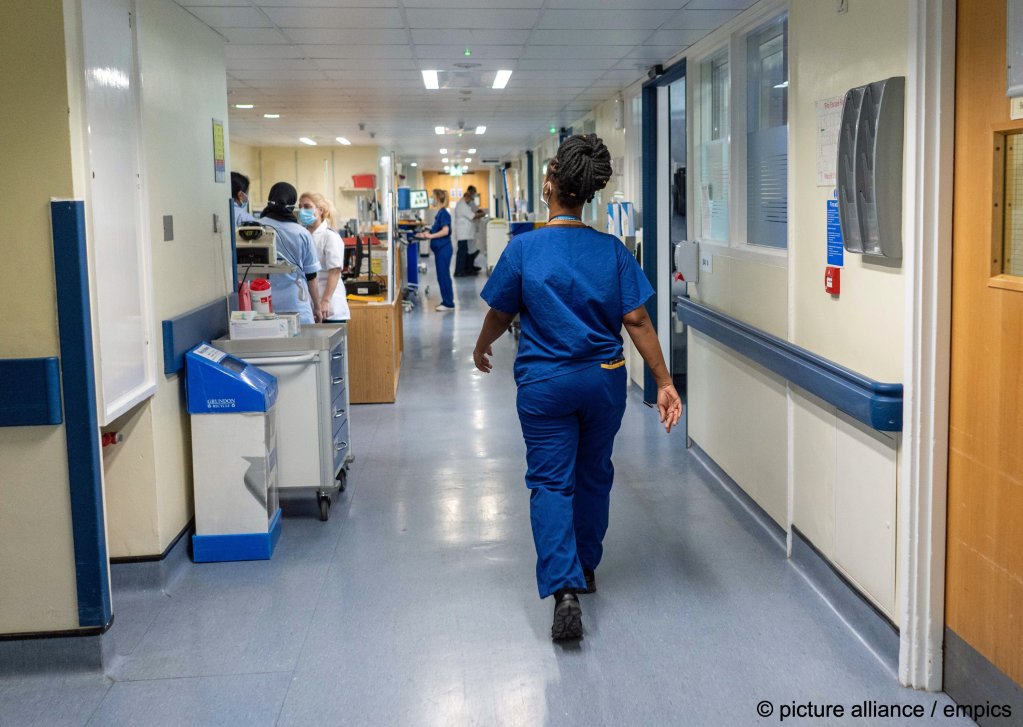
Ballinger also argues that when the debate shifts from abstract numbers to the people who come to Britain, the public tends to take a more pragmatic view:
"If you then ask people, what would you cut? Would you cut people coming to work in the NHS or in social care, or in a whole list of employment sectors? People really struggle to say what they would cut — because when they look at that, they think, those people seem useful."
Read AlsoChanges in the UK health and care worker visa – What you need to know
'Restore order to our immigration system'
The Home Office has publicly set out its position on small boat crossings, with Home Secretary Shabana Mahmood stating: "These small boat crossings are utterly unacceptable and the vile people smugglers behind them are wreaking havoc on our borders."
She pointed to the UK's deal with France and noted that the first removals have now begun.
"Protecting the UK border is my priority as Home Secretary and I will explore all options to restore order to our immigration system," she added.
In response to a request for comment from InfoMigrants, a Home Office spokesman set out the new UK-France Returns Agreement, which came into effect on August 5, 2025. Officials also stressed the UK's "proud history of giving sanctuary" and noted that the country ranks sixth globally for refugee resettlement, while pointing to broader enforcement results.
According to the Home Office, over 35,000 people with no right to remain have been returned in the past year, a 13 percent increase on the preceding 12 months, including 5,200 foreign national offenders. Irregular working visits and arrests have risen by more than 50 percent, and the number of asylum hotels has been reduced from more than 400 in summer 2023 to fewer than 210, according to the Home Office spokesman.
Government under pressure
Labour has sought to distance itself from the Conservative Rwanda plan, which cost 700 million pounds but never got off the ground. Instead, Starmer has pledged to "smash the gangs" while maintaining Britain’s obligations under the Refugee Convention.
But critics argue the current pilot -- around 50 returns a week, or one in 17 arrivals -- is too few to shift behavior.
Former Labour Home Secretary Charles Clarke called the British Future proposal "constructive, creative and realistic." While US strategist and co-author Frank Sharry said if Labour is "to thwart the populists who weaponise migration, a humane and workable solution to the small boats crisis is essential."
Ballinger notes that although the government has tried to "smash the gangs," the numbers of arrivals have gone up, not down. He argues that real change will only come from scaling up. "It worked in America. A very similar policy combined diplomatic cooperation with neighboring countries, significant regularized routes, and enforcement at the border. Those three elements together reduced irregular crossings by 81 percent in just one year -- and that’s precisely what we’re proposing here."
Read AlsoPeople smugglers accused of sedating children on Channel crossings
What happens next?
The government has insisted that the UK–France deal will be expanded once, and if, the pilot proves workable. But the British Future report argues that the lesson from America is clear -- scale matters, and perhaps timings too.
For the moment, the British government is determined that deportations will continue and gradually increase. The French government are due to start sending migrants to Britain under the scheme in the coming days.
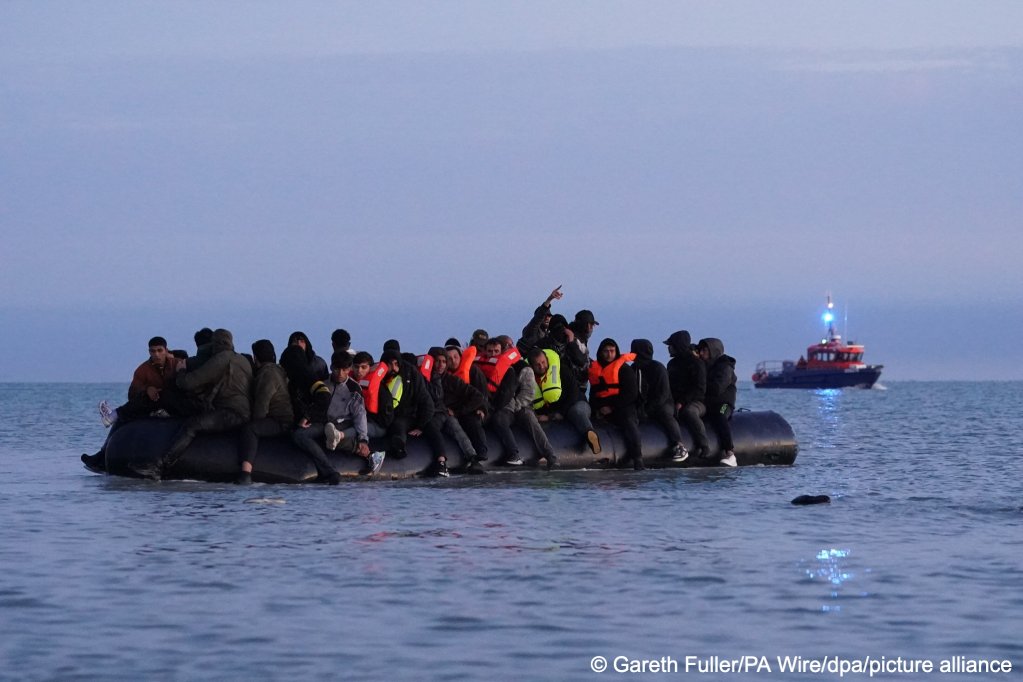
The next step for the Starmer government will be to decide whether to continue with gradual expansion of the scheme or to widen it more significantly, combining returns with safe and regular routes for asylum, as indicated in the report.
But not everyone is convinced that deterrence-focused policies can deliver. Daniel Sohege, director of the human rights organization Stand For All and a specialist in international refugee law, told The Big Issue that expanding the 'one in, one out' model could backfire.
"Expanding it would be the biggest benefit to human trafficking gangs that they could imagine," Sohege said. "Deterrence just does not work. We’ve seen deterrent policies for years now – they are counterproductive on every single level."
He argued that without addressing why people come to the UK in the first place – often because of family or community ties – such schemes risk failure. "Making it safer and simpler removes the supply element for gangs," he added. "That is the only way you can combat them."
Read AlsoCouncil of Europe warns against third-country asylum deals
With dpa
Note: This article was updated on September 22 to include statements by the UK Home Office following a request for comment.
